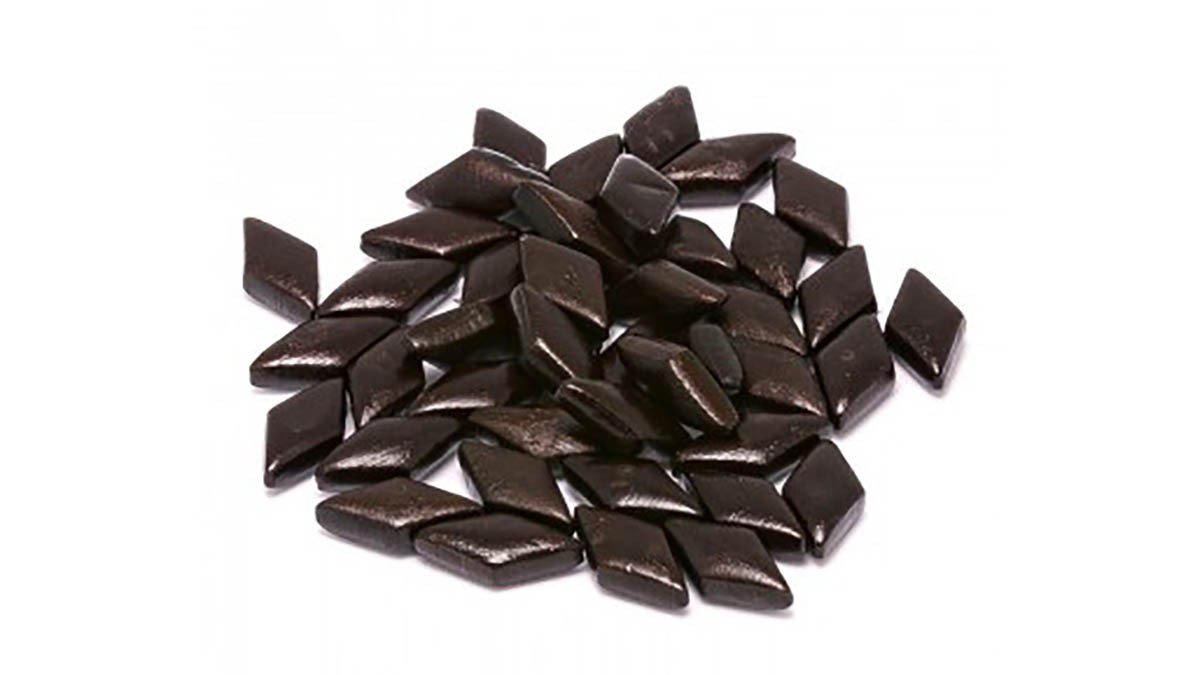What are 5 benefits of Licorice?
Liquorice is an extract from the Glycyrrhiza glabra plant which contains glycyrrhizic acid. For thousands of years G. glabra has been used for medicinal purposes across all cultures, in particular in Chinese medicine where it's known as gancao.
The following are properties of pure licorice extract, which is quite different from so-called licorice candies that we usually find in the market.
Here are some key benefits of this plant:
Adaptogen
The concept of adaptogens was originally created in 1947 to describe a substance that may increase resistance to stress.
Glycyrrhiza is antagonist to cortisol, which means that it helps the organism to better cope with stress.
Anti-ulcer
A processed licorice extract, deglycyrrhizinated licorice , which is used in the treatment of peptic and aphthous ulcers, is made by removing the glycyrrhizin molecule. The active components of DGL are flavonoids. These compounds demonstrated impressive protection against chemically induced ulcer formation.
Anti-inflammatory
Glycyrrhiza has significant anti-inflammatory and antiallergic activity. Although both glycyrrhizin and glycyrrhetinic acid bind to glucocorticoid receptors, and much of glycyrrhiza's anti-inflammatory activity has been explained by its "cortisol-like effects," many of the effects of glycyrrhiza actually antagonize or counteract cortisol.
Antagonism to such actions of cortisol includes activation of tryptophan oxygenase, accumulation of hepatic glycogen, stimulation of hepatic cholesterol synthesis, inhibition of thymus atrophy, and inhibition of adrenocorticotropic hormone synthesis and secretion. Glycyrrhizin does, however, reinforce cortisol's inhibition of antibody formation, stress reaction, and inflammation.
Antiviral
Glycyrrhizin and glycyrrhetinic acid were shown to induce interferon. The induction of interferon leads to significant antiviral activity, because interferons bind to cell surfaces, where they stimulate synthesis of intracellular proteins that block the transcription of viral DNA. The induction of interferon is also followed by activation of macrophages and augmentation of natural killer cell activity.
Glycyrrhizin was shown to directly inhibit the growth of several DNA and RNA viruses in cell cultures
Anticancer
Licorice components exert a wide range of anticancer effects. The most active appear to be the flavonoids and coumarins. For example, isoliquiritigenin was shown to suppress colon cancer in mice via markedly decreasing both prostaglandin E2 and nitric oxide production in mouse macrophage cells. Isoliquiritigenin was also shown to significantly inhibit the proliferation of prostate and breast cancer cell lines in dose- and time-dependent manners. Isoliquiritigenin also significantly reduced pulmonary metastasis in mouse renal cell carcinoma and prevented the leukocytopenia caused by administration of 5-fluorouracil.
Warning: If taken in large quantities glycyrrhizic acid may reduce aldosterone level which in turn may increase blood pressure, though quantities are unknown as they vary for each individual.
https://www.ncbi.nlm.nih.gov/pmc/articles/PMC7348626/

